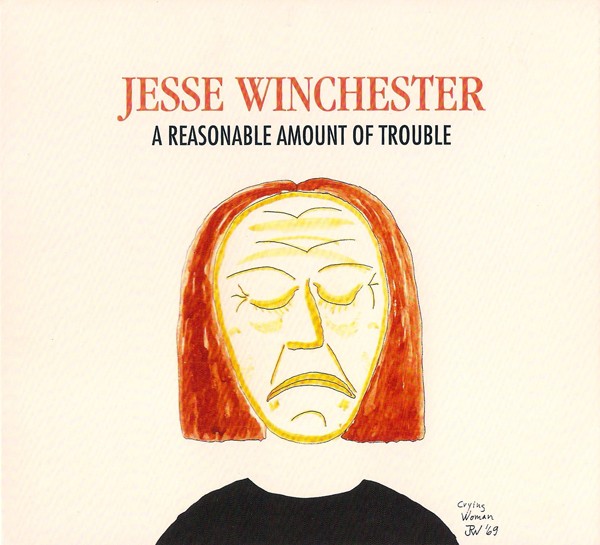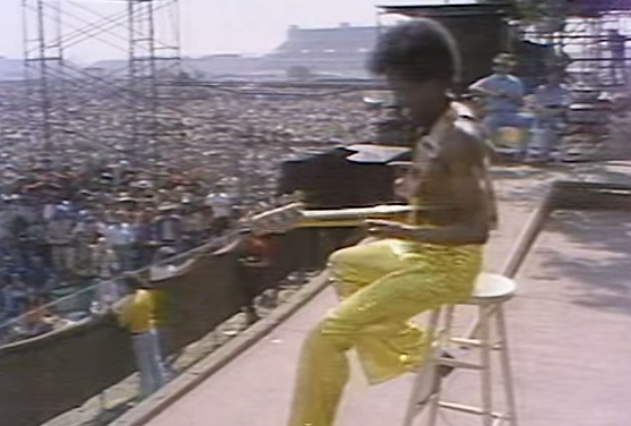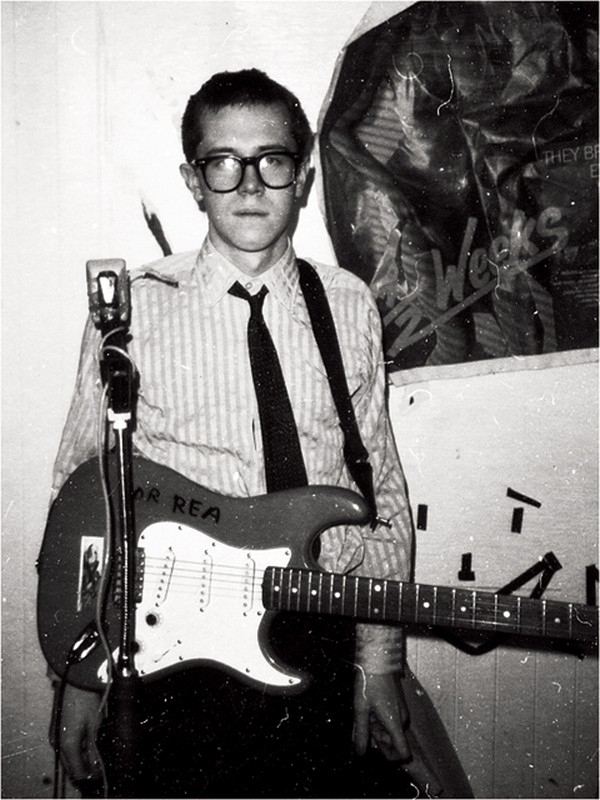Memphis artists are showing up in all sorts of cool places. After a 23-year absence, the Replacements hosted their first hometown show last weekend in Minneapolis. The music press and the Twittersphere were all-ears. Memphis meta-alt favorites Lucero were the opening act. On another front, Memphian Cory Branan has his guns loaded with a new record attracting attention in everything from Rolling Stone to Noisey. Lucero and Branan have in common Madjack Records. While Lucero and Branan have moved to other labels, Madjack continues to foster the careers of several people from Memphis’ ponderous talent pool. This year, Madjack will release albums on the Memphis Dawls, Mark Edgar Stuart, and James and the Ultrasounds.
“It was just a coincidence that it all came together,” Madjack partner Ronny Russell says of the trio of new releases. “We did that a couple of years ago too with three records on Kait Lawson, Mark [Stuart], and John Kilzer. They all came at the same time. Usually, we let the creative side dictate the timing of it. It seems to come in phases. It happened back in the day with the Pawtuckets, Lucero, and Cory Branan. Those happened right in a row.”
Mark McKinney started the label to market his band the Pawtuckets, a regional success that released three albums in the early 2000s. At that time, Russell had been working with engineer Jeff Powell, who produced Memphis Dawls’ Rooted in the Bone, to be released this month.
“Jeff Powell and I hooked up on a band called the River Bluff Clan in the late 1990s. They came to me. I was a friend of theirs from high school. They came to me on the business side, for some advice on how to make a record. The Pawtuckets used to come see the River Bluff Clan when they were really young. I met them in the Poplar Lounge and other places. I got to know Mark McKinney. Mark was putting out the Pawtuckets records through Madjack.”
It didn’t take long for people to notice Lucero. Madjack released their self-titled debut in 2001.
“When it came time to put out Lucero, he wanted a business partner and some of that kind of help. He
came to me, and we wound up striking up a partnership in Madjack. We just heard music that was really good. And we were learning how to get records out in a good way. When we saw Cory at the Hi-Tone, he was in the same boat; didn’t know where to turn. So we all just jumped in it together and went forward. Then we had some luck. First of all, the people were very talented, as you know. Pawtuckets were very good and did well in town. Lucero might be the hardest working bunch of guys I’ve ever met in my life. Then Cory is a unique songwriter.”
Output slowed in the middle 2000s, but Madjack released albums by Rob Jungklas, Susan Marshall, Keith Sykes, and others. But it was Mark Stuart, the bassist for the Pawtuckets’ original act, who got things moving for this latest round.
“Even my partner Mark, who was in the Pawtuckets with him, you could have knocked us over with a feather when he started writing,” Russell says of Stuart. “We’ve known him for years. The quality of it was unbelievably good. Mark can tell you himself, he had some life experiences that made him more contemplative. He played with Cory on Letterman. He was the bass player on that. He’s a dear friend. And with material this good, it’s a no-brainer to put it out.”
That album, last year’s Blues for Lou, dealt movingly with Stuart’s 2011 battles with cancer and grief. Jeff Powell produced that record, and it touched a nerve in anyone who heard it. Stuart, having experimented with songs, began exploring the process of making records. His second solo record is due in early 2015. Stuart played bass for basically everybody and left a lot of folks without their low end when he started playing a guitar and singing. Enter Memphian James Godwin.
“At the time I didn’t really have a band and was picking up bass gigs,” Godwin says. “That’s when I really started tinkering around with my own songs, recording stuff on four-track, and playing it for friends. I just kept building on it over the years. When Mark started doing his solo thing, I started doing a lot more bass gigs with John Paul [Keith]. So there was a group of musicians helping each other out. It’s kinda nice.”
Godwin is another bassist-turned-songwriter who leads James and the Ultrasounds. Their debut full-length Bad To Be Here is due on Madjack in December. Bad To Be Here is Mark Stuart’s first record as a producer. The Ultrasounds come from a different place than the alt-country landscape of Madjack’s earlier catalog. The record veers through references to Abbey Road, punk rhythmic fervor, and some damn fine shouting. Jungklas’ 2013 The Spirit and the Spine also demonstrates an open-mindedness or perhaps adaptability in McKinney and Russell’s approach.
Memphis Dawls’ Rooted to the Bone comes out in Memphis on September 26th and nationally in November. The sound centers on the harmonies, both vocal and instrumental, among members Holly Cole, Jana Misener, and Krista Wroten Combest. The latter two work as string arrangers and performers on cello and violin. Engineer Powell lets Cole’s vocal lead the way and gives it just enough support from well-written parts. The sounds of each song are cherry picked from a range of country-inspired sounds, creating a rich entanglement of voices, strings, and other instruments, notably the Hammond organ.
Russell enjoys seeing the roster diversify and helping artists develop their careers.
“Jeff kept talking about how the blend of their voices is unique,” Russell says of the Dawls. “We got to listening to it, and it evolved over time. They felt like Madjack was a good fit. They knew that we could bring some resources to the table. We’re not Warner Brothers or anything. We can help with press promotions and radio promotions. To me, even though they are a completely different style of music, they are similar to Lucero in the sense that they work. It really helps us on the label side if someone is out traveling and touring.”
Asked if it was difficult watching his early talent shine at other labels, Russell remains passionate about watching his friends succeed.
“I’m actually going to dinner with Cory tonight. You talk about an incubator label. I’ve always described it as AA or AAA baseball. The major labels these days seldom sign someone off the street without any track record at all. If we just like it — and these people are so talented and creative — we try to help them and put it out. If they move on, more power to them. We’re their biggest cheerleaders. That’s what we do.









